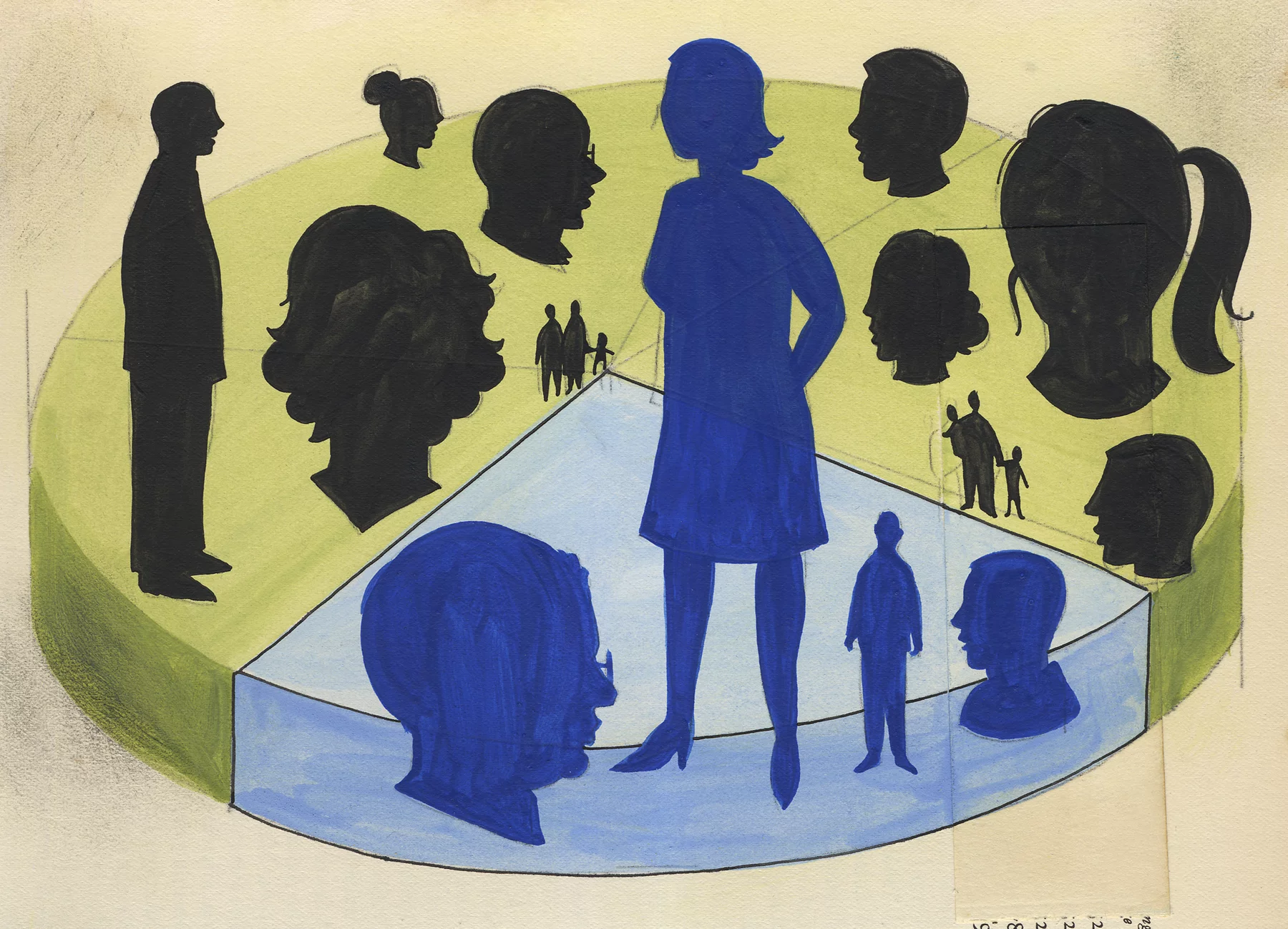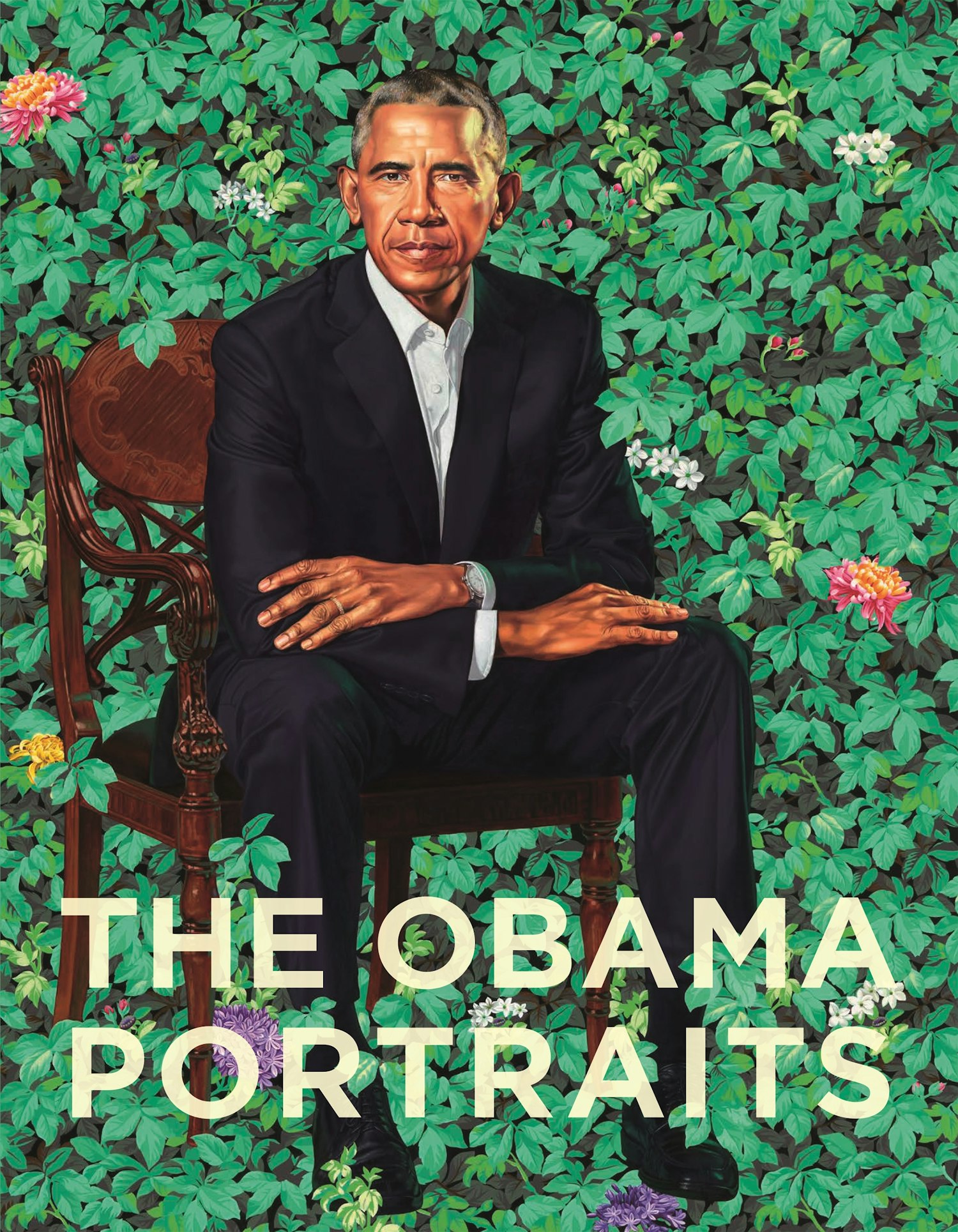So What Exactly Is ‘Blood Quantum’?
Code Switch: Race. In Your Face.
National Public Radio
2018-02-09

Leigh Wells/Getty Images/Ikon Images
If you’re Native American, there’s a good chance that you’ve thought a lot about blood quantum — a highly controversial measurement of the amount of “Indian blood” you have. It can affect your identity, your relationships and whether or not you — or your children — may become a citizen of your tribe.
Blood quantum was initially a system that the federal government placed onto tribes in an effort to limit their citizenship. Many Native nations, including the Navajo Nation and the Turtle Mountain Band of Chippewa Indians, still use it as part of their citizenship requirements.
And how tribes use blood quantum varies from tribe to tribe. The Navajo Nation requires a minimum of 25 percent “Navajo blood,” and Turtle Mountain requires a minimum of 25 percent of any Indian blood, as long as its in combination with some Turtle Mountain.
Blood quantum minimums really restrict who can be a citizen of a tribe. If you’ve got 25 percent of Navajo blood — according to that tribe’s blood quantum standards — and you have children with someone who has a lower blood quantum, those kids won’t be able to enroll.
So why keep a system that’s decreasing your tribe’s rolls and could lead to its demise?
“I use the term ‘Colonial Catch 22’ to say that there is no clear answer, and that one way or another, people are hurt,” says Elizabeth Rule. She’s a doctoral candidate at Brown University who specializes in Native American studies, and also a citizen of the Chickasaw Nation.
“The systems are so complicated,” she explains, “but it’s all part of tribes deciding on their own terms, in their own ways, utilizing their own sovereignty [to decide] what approach is best for them.”
As we explored blood quantum in this week’s episode, we thought a primer of what, exactly, this system is and how it works — or doesn’t — might be useful. Here’s my interview with Elizabeth Rule, edited and condensed for clarity…
Read the entire story here.








